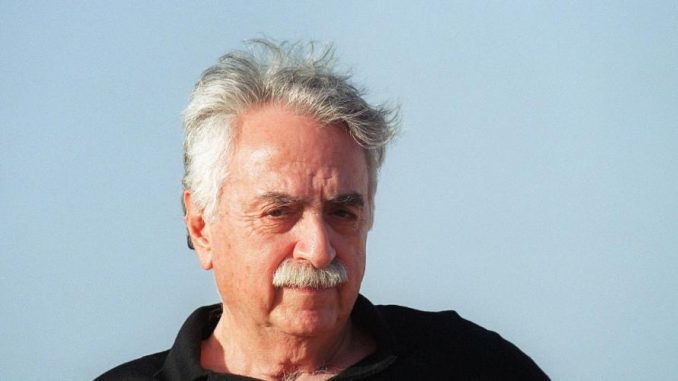
Abraham Serfaty is a well-known activist whose name is written in gold letters in the history books, after having vigorously defended the cause and principles he believed in, and paid the price in imprisonment, torture and exile.
Abraham Albert Serfaty was born in 1926 into a bourgeois family. His father belonged to the Masonic movement and he was involved in the national movement against French colonialism. He spared no effort so that his children could live in comfortable conditions, but this did not prevent his son from sympathizing with the working classes and defending their rights and interests.
Serfaty belongs to a Moroccan Jewish family whose origins go back to Andalusia. His grandparents emigrated to escape the inquisition. They settled in Tangier, but Abraham was born in Casablanca.
Abraham Serfaty went to Lyautey High School, where he graduated with a bachelor’s degree in philosophy and mathematics in 1937, before going to Paris to attend the Ecole Nationale Supérieure des Mines, where he was the first Moroccan to obtain a degree in civil engineering of metals, thus becoming one of the most important Moroccan talents in this field. This is what enabled him to occupy many important positions upon his return to the country, whether in the management of phosphate mines or when he was appointed in 1958, director of the cabinet of Abderrahim Bouabid, a socialist leader who was then Minister of National Economy.
Serfaty became a member of the Communist Youth in 1944. After studying in Paris, he joined the French Communist Party. On his return to Morocco, he joined the Moroccan Communist Party, where he fought until the end of the 1960s, before resigning due to a difference of opinion. Together with a group of former comrades, he founded the Marxist organisation “Ila Al Amam” and “Anfass”, an opposition magazine, alongside the writer Abdellatif Laabi.
His positions against the Moroccan regime cost him a lot, as he was imprisoned and then deported to France, where he lived for many years as a political refugee, before returning to Morocco on the instructions of His Majesty King Mohammed VI, who rehabilitated him, returned his Moroccan passport and appointed him as a consultant to the National Office of Hydrocarbons and Mines (ONHYM).
Serfaty is the author of numerous books, in which he retraced the years of his secret action and detention, including “Dans les prisons du roi”, “Le Maroc du noir au gris”, and “L’Insoumis, Juifs, Marocains et rebelles”, “La mémoire de l’autre”, co-written with his wife Christine Daure-Serfaty.
Serfaty has stood by his principles refusing to receive compensation from the Equity and Reconciliation Commission. He died in Marrakech in 2010.

Be the first to comment